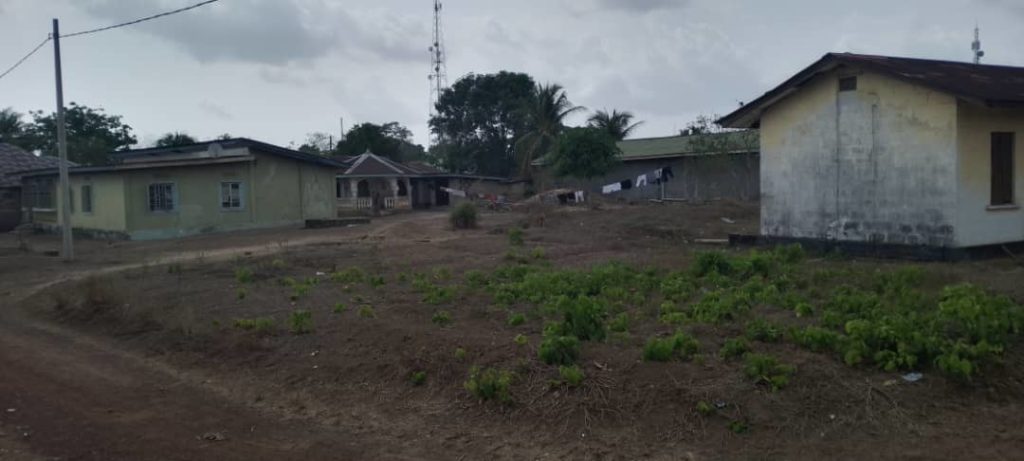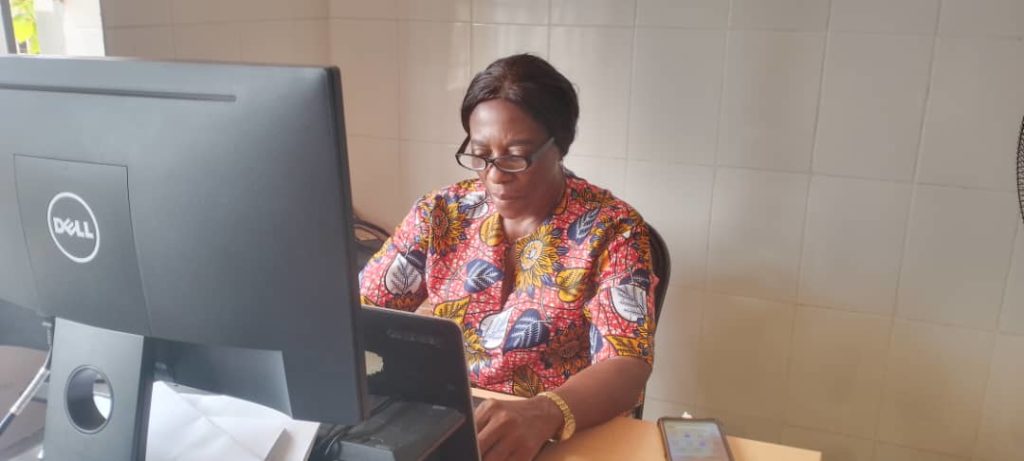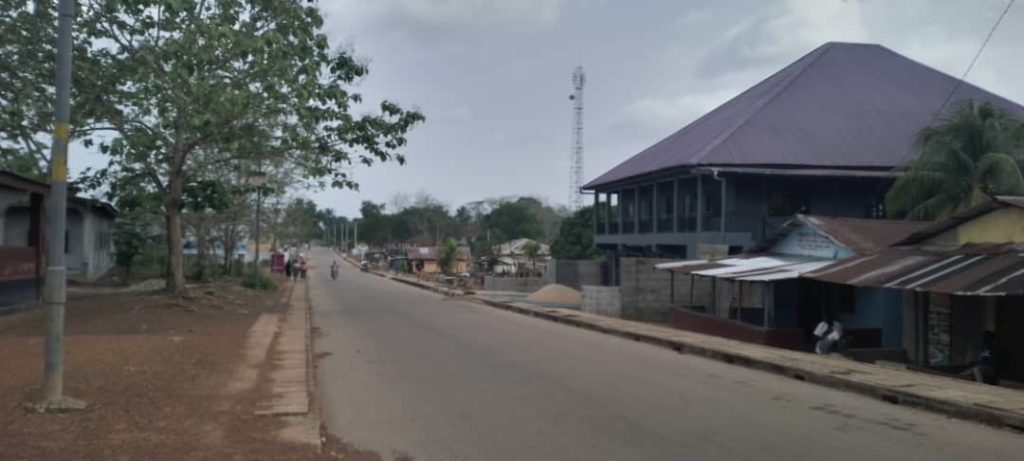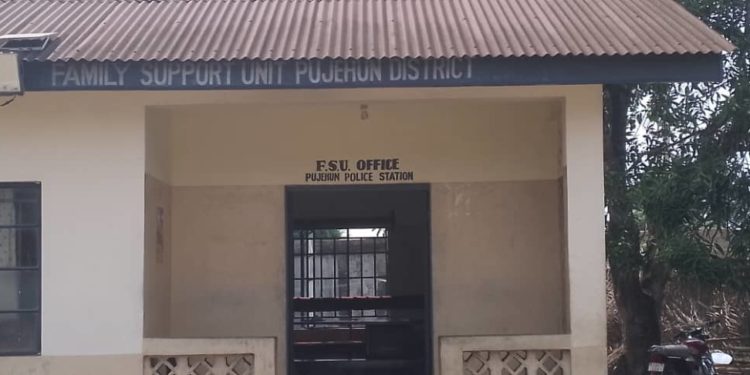By Brima Sannoh

In Sierra Leone’s Pujehun District, a shadow looms over the future of young girls. Forced into marriage before they reach adulthood, these children are stripped of their dreams, their education, and in many cases, their safety. Despite recent legislative victories, child marriage remains a persistent plague in this rural region, perpetuating poverty and inequality.
Sierra Leone has long grappled with one of Africa’s highest rates of child marriage. Prior to the enactment of the Prohibition of Child Marriage Act 2024, an estimated one-third of girls were married between the ages of 15 and 17, effectively cutting short their education and limiting their opportunities. The practice surged in the wake of the 2014 Ebola outbreak and the COVID-19 pandemic, when thousands of girls dropped out of school due to pregnancy and marriage.
The roots of this crisis run deep. The country’s Truth and Reconciliation Commission Report (2004) revealed that Sierra Leone’s brutal civil war (1991-2002) left women and girls vulnerable to exploitation, sexual slavery, and forced unions. The war’s scars remain visible today, reflected in the continued abuse and suffering endured by girls trapped in marriages they never chose.
For survivors, the memories of forced marriage linger like an unshakable burden. Yatta Koroma, now 25, was married off at just 13 in Jumbu Village, Malen Chiefdom. For over a decade, she endured physical and emotional abuse, often going without food when disputes arose with her husband.
“I could have died in that suffering called marriage,” Yatta recounts. “I thought he would change, but things only got worse. My parents sacrificed my education for a marriage that brought nothing but misery.” Her escape came after enduring a brutal beating. Now a mother of four, she welcomes the Prohibition of Child Marriage Act, hoping it shields other girls from a similar fate.
Isata Sivalie, another survivor, was married at 15 to a man twice her age. Now a mother of two, she remains in the marriage out of fear; fear of her parents’ wrath and the deep-seated belief that leaving would bring a curse upon her. “Sometimes my husband disappears for days, leaving me and the children without support,” she says. “If I question him, I either get beaten or insulted. But I cannot leave, I have my children to think of.”
Practically, In Pujehun, tradition often overshadows human rights. Many families see child marriage as a means of financial security, receiving dowries in exchange for their daughters. Others believe it preserves a girl’s virginity and family honor. The practice, deeply ingrained in the culture, has remained a formidable barrier to gender equality. Statistics from UNICEF paint a grim picture: 30% of Sierra Leonean women aged 20-24 were married before 18, with 9% married before turning 15. The country is home to an estimated 800,000 child brides, half of whom were married before 15. If left unchecked, the United Nations predicts that by 2023, 27% of all Sierra Leonean girls would have been married before their 18th birthday.
However, a beacon of hope emerged when Sierra Leone’s parliament passed the Prohibition of Child Marriage Act 2024. Championed by the country’s First Lady, Fatima Maada Bio, the law imposes severe penalties, including lengthy jail terms and heavy fines, on those who facilitate child marriages.
Human rights organizations, including Save the Children International and the 50/50 Group, have lauded the law as a game-changer in the fight against child marriage. Florence Sandy, Assistant Director of the Ministry of Gender and Children’s Affairs in Pujehun, describes it as a crucial milestone: “Before this law, families saw young girls as commodities to be traded. Now, we have a legal framework that protects them. Girls should be in classrooms, not trapped in marriages that destroy their futures.”

However, enforcing the law remains an uphill battle. The Family Support Unit (FSU) of the Sierra Leone Police, responsible for investigating cases of gender-based violence, faces severe logistical constraints. With limited transport and funding, reaching remote communities remains a challenge. Detective Inspector Momoh Musa Gbah of the FSU in Pujehun warns that community silence is another obstacle: “Many cases go unreported. Families protect perpetrators, and poverty pushes them to turn a blind eye. We need continuous awareness campaigns and stronger enforcement mechanisms.”
Religious and traditional leaders wield significant influence in Sierra Leonean society. Recognizing this, stakeholders in Pujehun, including paramount chiefs and members of the Inter-Religious Council, have pledged to enforce the law. Sheikh Alhaji Suleiman Tahiru Rogers, the council’s district coordinator, has instructed all imams and pastors to verify a bride’s age before officiating any marriage. “Every marriage must be certified. No birth certificate, no wedding,” he insists. “This is our commitment to ending child marriage.”
Traditional rulers, too, are taking a stand. Regent Chief Alex Bockarie Lamin of Malen Chiefdom has warned his subjects against attending child marriages “No one is above the law. We must protect our girls. They are our future, and their success will determine the prosperity of our communities.”
Meanwhile, while the legal framework is now in place, changing mindsets and ensuring enforcement will require sustained effort. Civil society organizations, government agencies, and local leaders must work together to ensure the law is not just words on paper but a transformative force in the lives of Sierra Leone’s girls. For girls like Yatta and Isata, the scars of the past remain. But with renewed commitment, advocacy, and action, Sierra Leone can break the cycle of child marriage and give its daughters the future they deserve.

This story was produced with support from the African Transitional Justice Legacy Fund (ATJLF), through the Media Reform Coordinating Group (MRCG), under the project ‘Engaging Media and Communities to Change the Narrative on Transitional Justice Issues in Sierra Leone.’






















